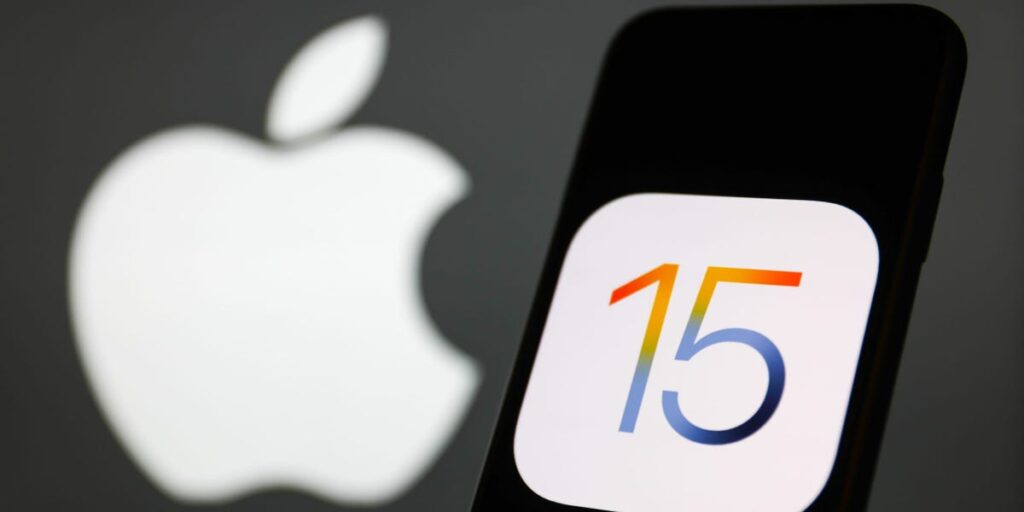Downward angle icon Downward angle icon. Microsoft has reportedly told employees that all employees in China will be required to use Apple devices for work. Bloomberg reports that Microsoft has told its Chinese employees to use iPhones for work starting in September. The move is reportedly due to security changes and the unavailability of Google Play in China. Microsoft employees who don’t have Apple devices will reportedly be provided with iPhone 15s.
Starting in September, Microsoft will reportedly require all China-based employees to only use iPhones for work.
Citing an internal memo, Bloomberg reported on Monday that the tech giant has informed hundreds of employees that they will soon have to verify their identities through Microsoft’s password manager, Microsoft Authenticator, and the Identity Pass app, which will be available on Apple devices.
The company has been working to strengthen its internal security based on the global “Secure Future Initiative” announced last November.
So why is Android not accepted in the workplace? Ultimately, it’s all about the apps.
According to the report, Microsoft has decided to block employees from using Android devices to access the company’s corporate platform because Google’s mobile services, including the Google Play app store, are not available in China. This means that Microsoft employees in China will only be able to download and use the Microsoft Authenticator and Identity Pass apps through Apple’s App Store, the report said.
But the company isn’t abandoning Android fans entirely: It said it will let them continue using their personal Android devices and will offer the iPhone 15 for work, Bloomberg reported.
Microsoft has been beefing up its security measures following attacks by Russian and Chinese hackers. The company has been dogged by recent security failings, including a March report from the US Cyber Security Review Board that described a “cascade” of “avoidable errors” at the company.
The committee found that hackers gained access to personal Microsoft Exchange Online mailboxes at 22 organizations last year, downloading about 60,000 emails from the State Department alone.
“Recent events demonstrate the need for the company to adopt a new culture of engineering security into its networks,” a Microsoft spokesperson told Business Insider this spring.
Microsoft announced in May that it was expanding the scope of its Secure Future Initiative to include the commission’s recommendations, and the company said it would take steps such as protecting accounts with phishing-resistant multi-factor authentication.
“At Microsoft, we prioritize security above all else,” Microsoft executive vice president Charlie Bell wrote.
A Microsoft spokesperson did not immediately respond to Business Insider’s request for comment on the reports of the iPhone mandate.



